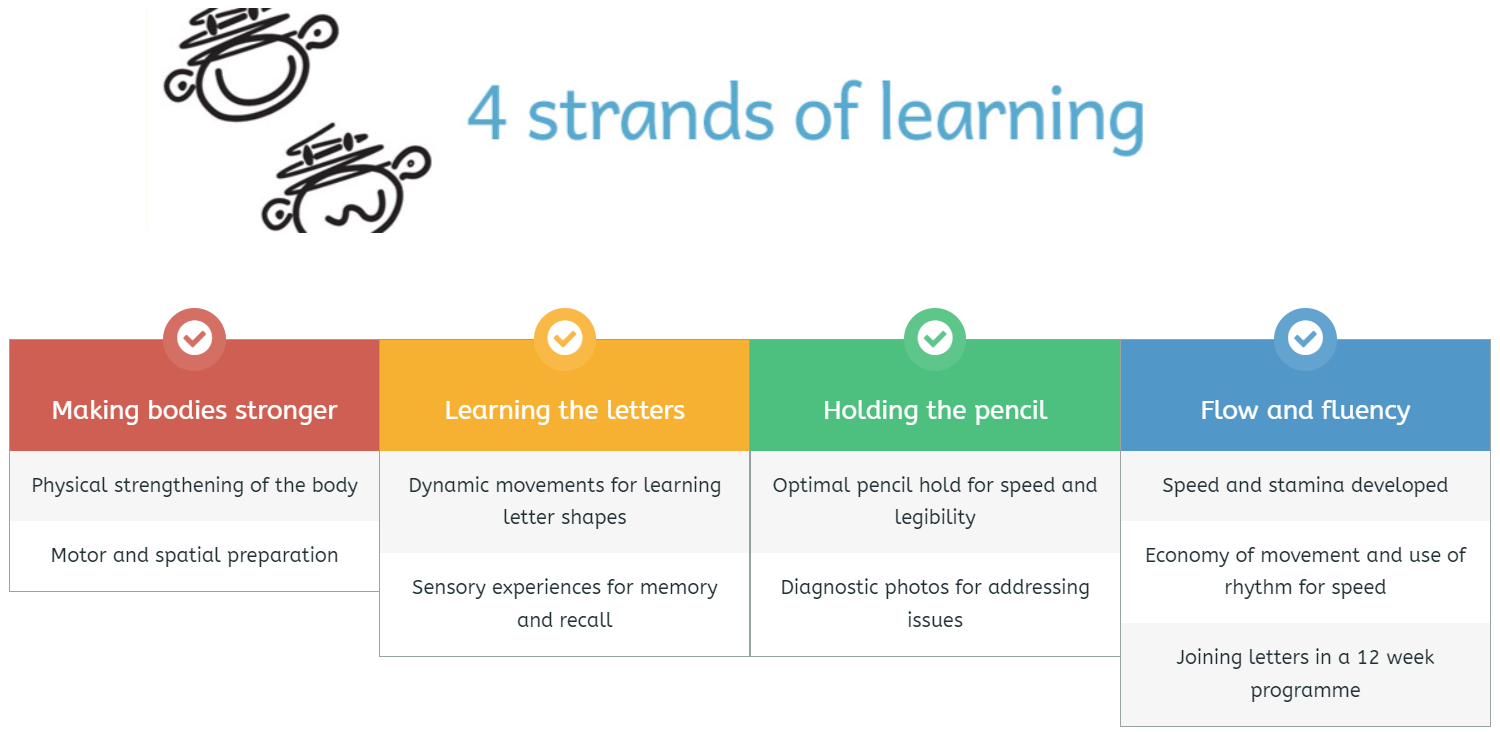EYFS
EYFS at Forest Hills Primary School
At Forest Hills Primary School, we believe in providing all children with a safe, stimulating and nurturing environment where they can develop a love of learning. Each child’s success is celebrated, no matter how big or small. Through both indoor and outdoor play, the children are encouraged to use their own initiative and become independent learners, enabling them to reach their full potential. We strive to maintain effective partnerships with parents and carers to ensure the best possible start to school life for our children.
Our EYFS Team
Nursery Team
Mrs J Cross – EYFS Leader
Miss C Harvey – EYFS Practitioner
Miss Z Miller – Nursery Teaching Assistant
Reception Team
Mrs J Cross – EYFS Leader
Miss C Harvey – EYFS Practitioner
Our Nursery Timetable
Morning Think Two Provision Monday to Friday
- Gates open 08:35 a.m.
- Nursery finishes 11:35 a.m.
Afternoon Nursery Monday to Thursday
- Office door open 12:20 p.m.
- Nursery finishes 15:20 p.m.
Afternoon Nursery Friday (children join for lunch)
- Office door open 11:10 p.m.
- Nursery finishes 14:10 p.m.
Our Reception Timetable
Monday to Thursday
- Gates open 08:35 a.m. – 8:45 a.m.
- School finishes 15:20 a.m.
Friday
- Gates open 08:35 a.m. – 8:45 a.m.
- School finishes 14:10 p.m.
What is the Early Years Foundation Stage?
The Foundation Stage for children covers seven areas of learning – all areas of learning and development are important and inter-connected.
Literacy
- Comprehension
- Word reading
- Writing
Mathematics
- Number
- Numerical Patterns
Knowledge of the World
- Past and Present
- People, culture and Communities
- The Natural World
Expressive Art and Design
- Creating with Materials
- Being Imaginative and Expressive
The Foundation Stage for children covers seven areas of learning – all areas of learning and development are important and inter-connected.
Supporting your child's reading
At Forest Hills Primary School, our children’s reading journey commences through Little Wandle Phonics.
We start this journey in Nursery, where children start to explore initial sounds. In Reception, children start the Little Wandle Phonics programme and we aim for children to complete phonics by the end of Year 1.
Supporting your child with reading
Although your child will be taught to read at school, you can have a huge impact on their reading journey by continuing their practice at home.
Your child will bring their reading practice book home to read with you, this will be at the correct phonic stage for your child.
Videos for Parents
How to support your child with reading at home
How we teach blending
How we teach tricky words
How we teach alien words
EYFS Curriculum Overview
Click on the link below to see our curriculum overview.
Handwriting
Handwriting is a physical activity that involves movement and recognition skills that need to be learnt and become automatic. To achieve this, Forest Hills has chosen the Kinetic Letters handwriting programme.
Handwriting is important to educating our pupils because pupils who do not learn to read and write fluently and confidently are, in every sense, disenfranchised. The mastery of automaticity in handwriting is therefore one of the key priorities of the school.
Click here to see some videos about supporting your child’s handwriting.

Characteristics of Effective Learning
The Characteristics of Effective Learning describe behaviours children use in order to learn. To learn well, children must approach opportunities with curiosity, energy and enthusiasm. Effective learning must be meaningful to a child, so that they are able to use what they have learned and apply it in new situations. These abilities and attitudes of strong learners will support them to learn well and make good progress in all the Areas of Learning and Development.
Playing and Exploring (engagement)
- Finding out and exploring
- Playing with what they know
- Being willing to have ago
Creating and Thinking Critically (thinking)
- Having their own ideas
- Choosing ways to do things
- Making links
Active Learning (motivation)
- Being Involved and Concentrating
- Keep on trying
- Enjoy achieving what they set out to do
Useful Links
Below are some links that you may find useful at home:
- Link to Development matters – Development Matters – GOV.UK (www.gov.uk)
-
Link to Birth to 5 matters – Birth To 5 Matters – Guidance by the sector, for the sector
-
Link to Reception baseline assessment parent leaflet – Reception baseline assessment: information for parents – GOV.UK (www.gov.uk)
-
Link to book trust reading with your child – Tips for reading with your child | BookTrust